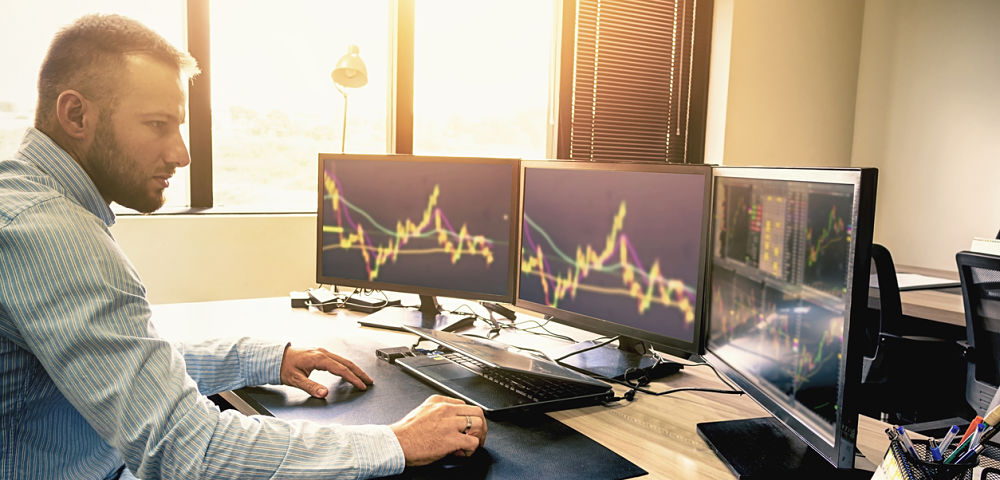You may have heard about commodities trading, but you may not be familiar with how the strategy works—or why it’s used by so many people as a staple of their investment portfolio. On the surface, commodities trading can be intimidating; understanding the price fluctuations within a specific field requires years of expertise, and because commodities are also more volatile than other types of investments, they inherently offer more risk.
Still, if you understand the basics of commodities trading, it could be a valuable way to diversify your portfolio.
The Basics
Let’s start with a basic overview of commodities trading. A “commodity” is any asset that’s an important part of everyday life. Most commodities belong to categories like food, energy, and metals; driving your car to the store, therefore, could affect commodity prices in three different areas (the food you buy at the store, the energy you use as fuel to get there, and the metal used to make your car). Consumer demand, natural availability, international trade, and legal regulations can all affect how these commodities are priced.
Trading commodities is a way to invest in these assets the same way you would stock in a company; you might buy $100 of sugar, expecting the price to rise, or buy oil after watching prices plummet after a worldwide surplus.
Unique Qualities
So what makes this a unique investment?
- Supplier sourcing. Investors have a variety of choices when it comes to buying commodities. They can be bought collectively, as commodity funds, or per unit price. If going directly through suppliers, buyers have the opportunity to review data from multiple different suppliers to understand how their pricing works—and potentially get a better deal. Depending on what volume you’re trading and how serious you are about your investment, reliability may be another considering factor.
- Price volatility. Many investors get involved in trading commodities because of the inherent price volatility. Any significant change in supply or demand could have an immediate effect on the price of a given commodity; for example, a drought may make a specific agricultural product far more expensive, or a sudden decrease in consumer demand may cause an energy source’s price to dwindle. This volatility makes commodity trading exciting, and gives investors the potential for enormous profitability—if they know how to read the ebb and flow of the market.
- Reliability. On the other hand, some commodities are known for their reliability of value. For example, precious metals like gold, silver, and platinum have held value since long before the emergence of the stock market, and will likely hold value for centuries to come. Precious metals, technically a commodity, have been a safe haven for investors worried about market volatility elsewhere for decades.
- Futures. Commodities traders also have the ability to buy and sell futures, which are contracts to buy or sell commodities at a certain price at a certain date in the future. It allows investors to capitalize on expected changes in the market, and use financial leverage to get more skin in the game.
The Best Ways to Approach Commodities Trading
Because of these unique qualities, there are two “ideal” ways to approach commodities trading:
- Expert timing. Because of the volatility in commodities, they’re a perfect opportunity for people looking to time the market. In general, timing the market is a dangerous practice; you’re just as likely to time poorly as you are to time perfectly. However, if you dedicate enough time to understanding how a specific commodity works, you could get an edge over the rest of the market and turn a quick profit with each trade. Not many investors are willing to put in this extra effort.
- Portfolio diversification. Commodities may also be beneficial as a way to diversify your portfolio. They trade at prices independent from the rest of the market, and therefore may provide stability in otherwise tumultuous times. For diversification purposes, commodity funds may be a better alternative.
Commodities trading isn’t for everyone, and it isn’t a guaranteed investment. However, if you understand how commodities trading works and you’re willing to do your research, it could be a valuable addition to your portfolio.




